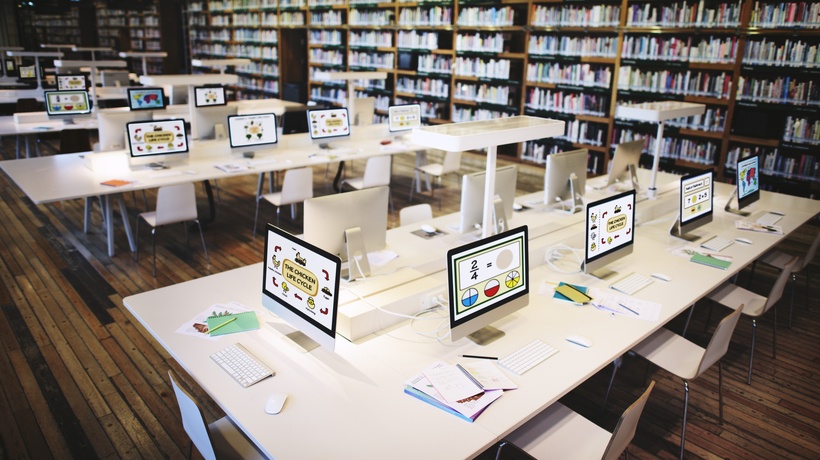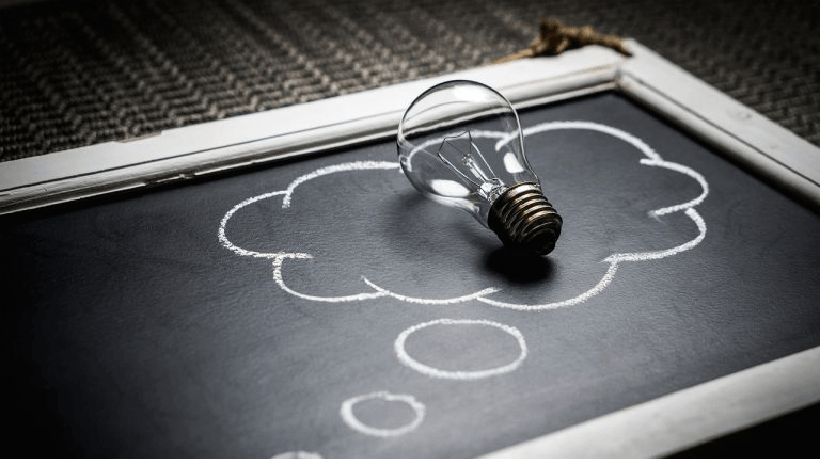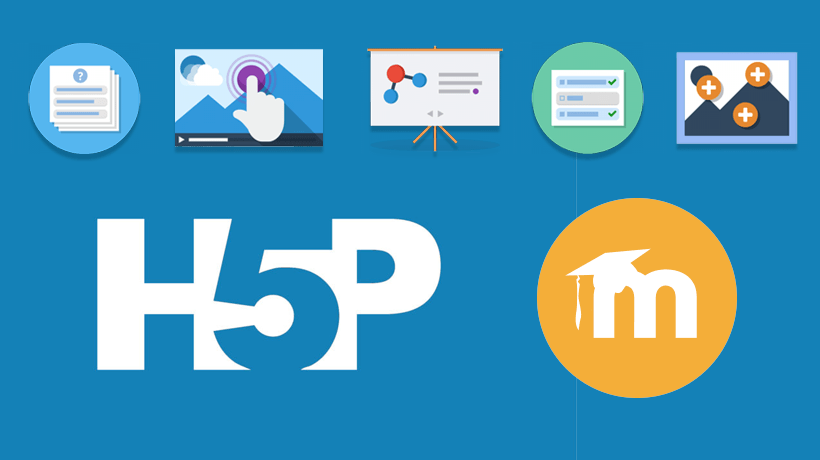The New Role Of A School Library In A Digital Age, Supporting Students As Producers
One could argue that the old function of a library to give access to learning resources will become less important. The students and the teachers will be able to access digital resources from every place in the world as long as there is an internet connection. Yet not all students have a (good enough) internet connection at home, so for them a library will continue to be a place to get access to digital resources. Another thing that plays an even more important role in this is that the online resources are becoming so over abundant, that we could speak of a complete information flood. There are millions of websites, blogs, online instructions, online videos. The problem for students is not to find resources on the internet, but to sift the bad sources from the good sources. This is where the library has a more important role then ever. In the paper age the sifting would be done by the library committee or the librarian by choosing which books or which magazines to buy and to display in the library. In the digital age this kind of censorship is very hard to do. Of course there is a opportunity to block non-appropriate websites. But that's not an easy job to do because the technical development of websites and browsers is very fast. The role of a librarian will be more to teach students how to search properly in the ocean of information and to evaluate the value of the source of the information.
Students As Producers
Students have been consumers of libraries resources for thousands of years. Yet as the information grows exponentially, it becomes important for students to learn how this information production works and how to become a part of this new information society. The library can support the students to become producers. Creating written work pieces is a familiar way of letting students work with learning materials. In the current digital age we can add to this the creation of digital artifacts like videos, websites, blogs, e-learning. The new role of the library can be to assist the students in the production process of these digital artifacts. This could be helping with the choice of the medium e.g. paper, video, web, audio. The library could provide computers, cameras, microphones and editing software. Next to that, the library building could have recording rooms, editing rooms and presentation practice rooms. A good example of a new library that has adopted this concept is the Hunt Library of the NCSU.
By thus letting the students actually work on and with the content, a deeper understanding is reached. The active role which the student will play in the learning process will stimulate more engagement with the field of study. There are many tools for creating digital artifacts. Lots of them are free and provide free online web space. Feel free to have a look at the following suggestions:
- Top 10 Free Content Curation Tools for Teachers
- The 5 Best Free Flashcard Creation Tools for Teachers
- The Ultimate List of Cloud-Based Authoring Tools
- Free Authoring Tools for eLearning
- The 5 Best Free Collaboration Tools for Teachers
When the artifact is ready, the library can help the student to publish the artifact in the library's repository or in other online Open Educational Resources (OER).
Search, Produce, Publish
The librarian can help students in all phases of the creative process:
- Search for good reliable information
- Production of the digital artifact
- Publication in repositories and Open Educational Resources
This will engage students and enhance deep learning. It will also create new and challenging opportunities for libraries and librarians and prepare them for an even more important role in the future of learning.









